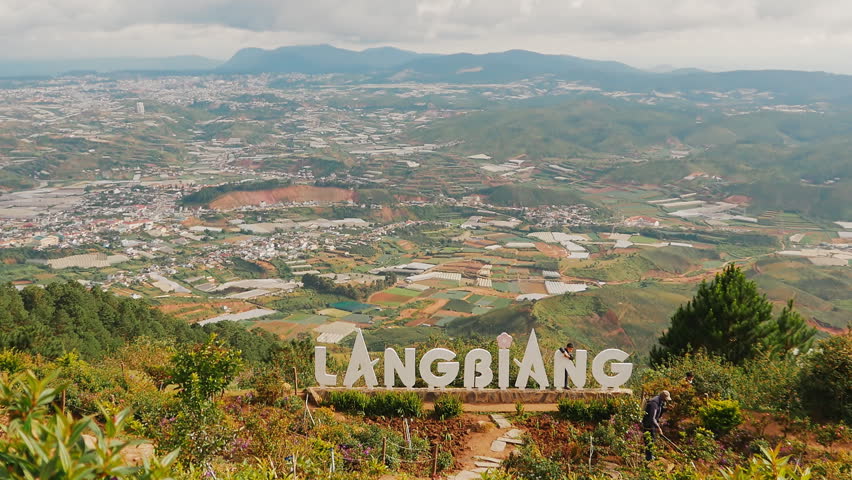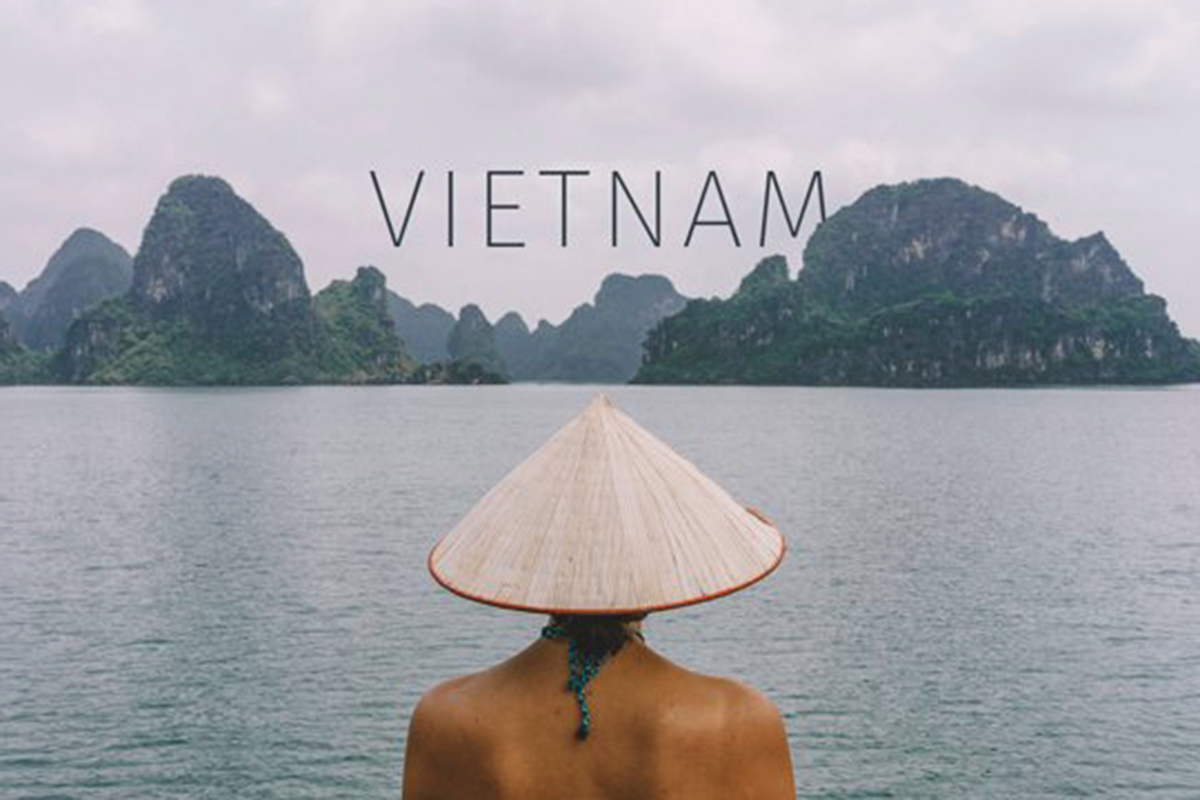K'Ho Ethnic Minority and Montagnards in Vietnam
Vietnam is a country known for its rich cultural diversity, home to 53 recognized ethnic minorities, each with its unique traditions, languages, and lifestyles. Among these groups, the K'Ho ethnic minority, often referred to as part of the Montagnards or "mountain people," stands out due to their distinctive cultural heritage and significant role in the agricultural landscape of the Central Highlands.
They speak a language belonging to the Mon-Khmer group, is so distinct that Vietnamese speakers generally do not understand it and characterized by its unique phonetics and vocabulary.
The K'Ho people originally practiced animism, believing that spirits inhabited nature, such as mountains and rivers. This belief system was vital in their daily life and guided their agricultural practices. In the 19th century, French missionaries introduced Christianity to the K'Ho community. Over time, many K'Ho began converting to Christianity, leading to a shift in their religious practices. Today, while a significant number of K'Ho identify as Christian, some still incorporate elements of their animistic beliefs, resulting in a unique blend of traditions that reflects their cultural identity.
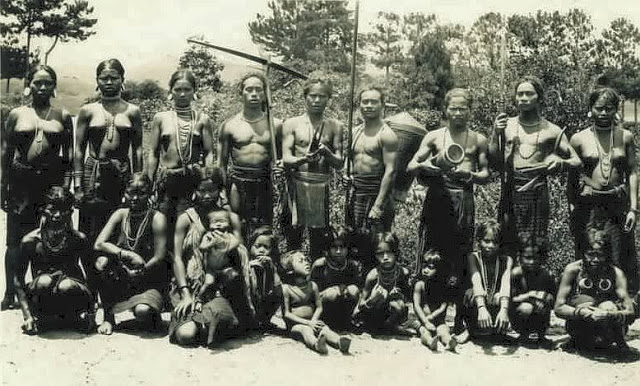
Matriarchal Structure
One of the most interesting features of K’ho society is its matriarchal structure. In contrast to many cultures where men traditionally hold authority, K’ho communities are led by women, particularly the eldest female members of the family. This matriarchal setup emphasizes the significant role women play in decision-making processes, family dynamics, and community leadership.
It is interesting to note that matriarchy continues in K’ho culture until today. Woman will choose her husband, who then relocates to her home after their wedding. Uniquely, the woman’s family finances the wedding and presents gifts, primarily in the form of livestock. Children will inherit their mother’s last name, and having a daughter is considered particularly fortunate, as she has the freedom to select her future husband and shape her own future.
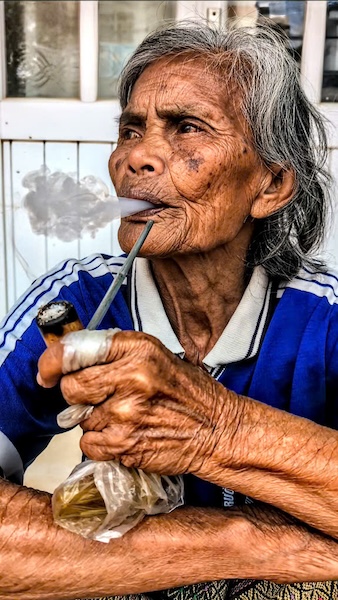
Legend of Langbiang Mountain
The story of K'lang and Ho'Biang is a touching tale of love and sacrifice between two people from rival tribes. K'lang and Ho'Biang fell in love and secretly married on Lang Biang Mountain to escape the fighting between their families.
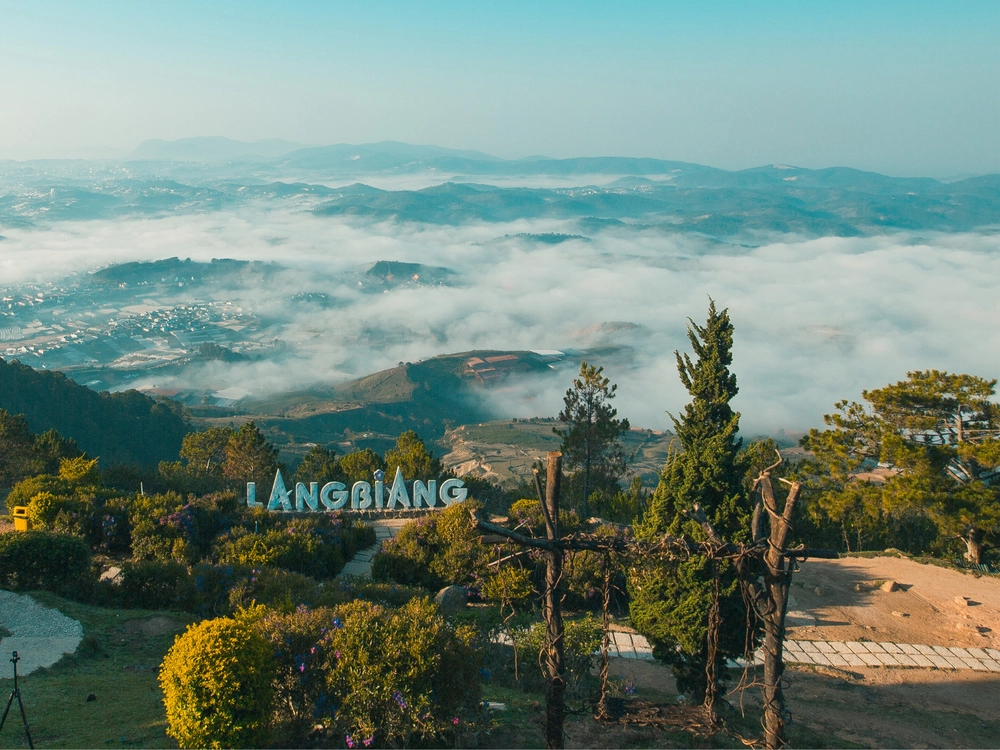
Tragedy came when Ho'Biang became very sick. K'lang carried her down to the village to get help, but when they arrived, the villagers saw him as a traitor for marrying someone from the enemy tribe. In their anger, they shot arrows at him. To save K'lang, Ho'Biang jumped in front of the arrows, sacrificing herself.
Her father was heartbroken by the loss of his daughter and realized that the fighting between their tribes needed to end. He decided to unite the two tribes, leading to the creation of the K'ho tribe and giving Lang Biang Mountain its name, a symbol of K'lang and Ho'Biang's love.
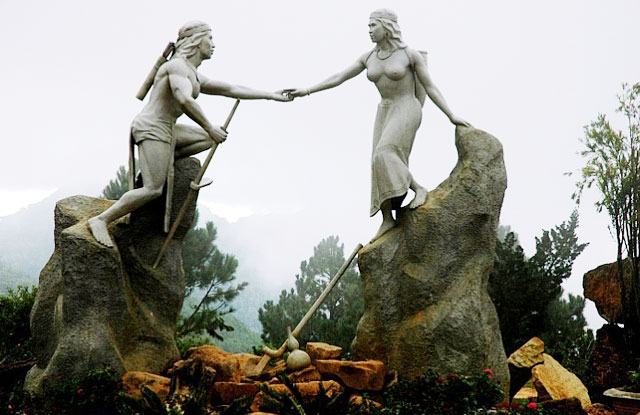
Coffee cultivation
The K'ho tribe, indigenous to the Central Highlands of Vietnam, has a strong connection to coffee farming. The K'ho people have traditionally practiced agriculture, but they began focusing on coffee cultivation in the 20th century when the Vietnamese government encouraged coffee production as a way to boost the economy. This region, with its rich volcanic soil and suitable climate, is ideal for growing both Arabica and Robusta coffee.
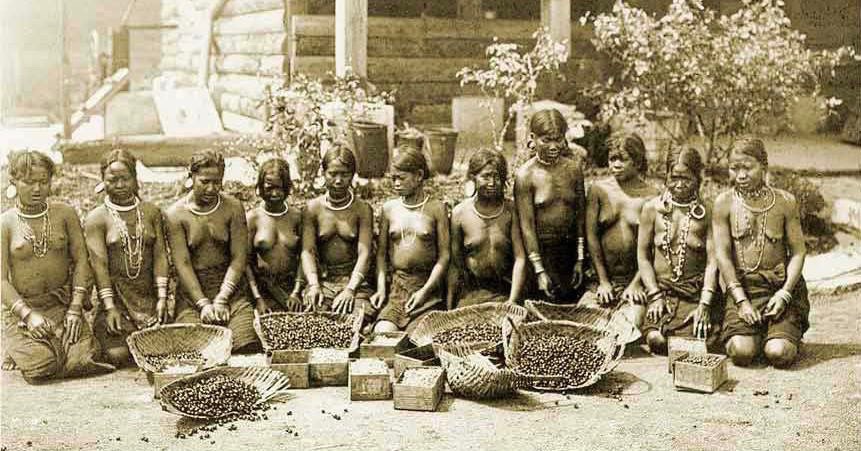
As the K'ho started to cultivate coffee, they blended their traditional farming techniques with new methods to improve the quality of their crops. This has allowed them to produce specialty coffee that stands out in the market, gaining recognition for its unique flavors. Coffee farming has become a vital part of their livelihoods, helping the K'ho community grow economically while preserving their cultural identity.


